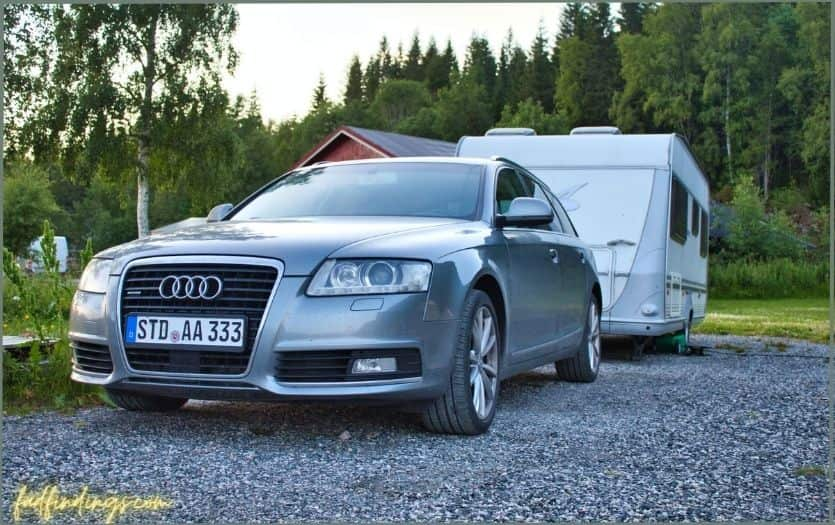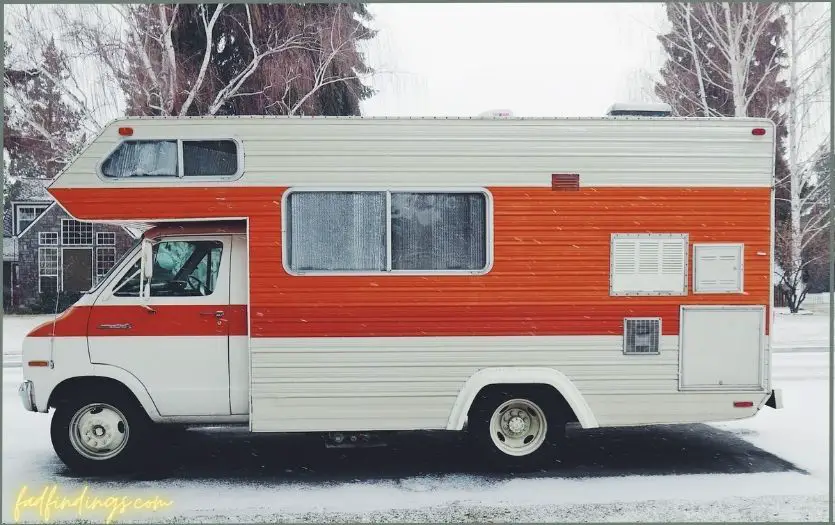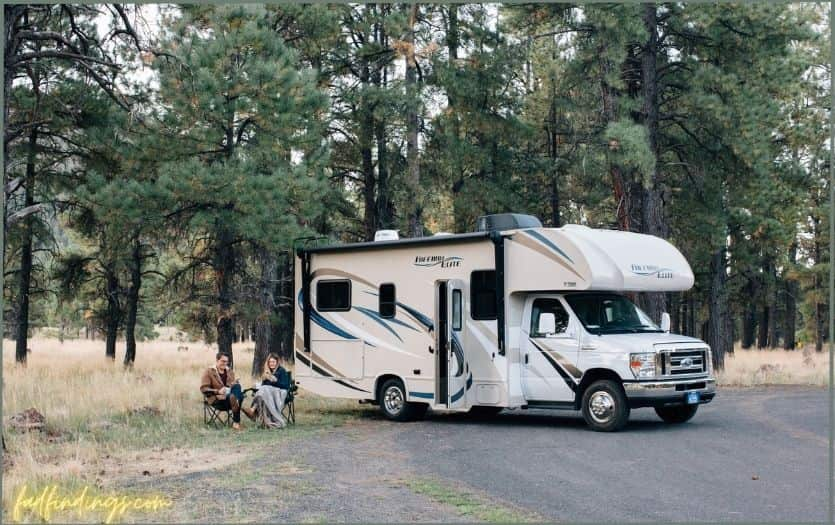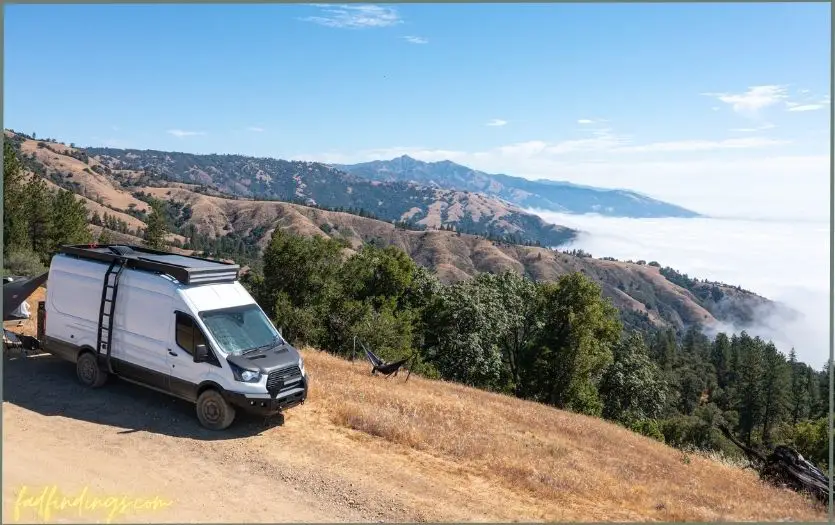The Ultimate Guide to Stealth Camping: Tips, Techniques, and Gear
Stealth camping is a great way to explore the outdoors without breaking the bank. Learn how to camp on a budget with our helpful tips and tricks. Check out our blog now.
Looking for an adventure? Do you crave the rush of adrenaline as you explore new and exciting places?
If so, then you may be interested in the world of stealth camping. This underground camping movement is gaining popularity among outdoor enthusiasts who love van life and are looking for a unique way to connect with nature and push their boundaries.
But what exactly is stealth camping, and why is it becoming so popular? In this article, we'll take a deep dive into the world of stealth camping and explore the benefits, risks, and tips for anyone looking to try it out.
So strap on your backpack and take out your van and get ready for a wild ride – it's time to discover the world of stealth camping!
What is Stealth Camping

Stealth camping is a unique and exciting way to explore the great outdoors. At its core, stealth camping is the act of camping secretly in a location that is not designated for camping. Even though stealth camping is often referred to as 'wild camping', stealth camping is quite different as this can include urban areas to complete wilderness as well as private property (with the owner's permission, of course).
It is done mostly in RVs or camper vans at a discreet location, away from the prying eyes of busy roads or overcrowded campgrounds. The goal of stealth camping is to minimize your impact on the environment and avoid detection by others. This means leaving no trace of your presence and avoiding any activities that could draw attention to yourself.
Why People Do It
There are a variety of reasons why people choose to engage in stealth camping.
For some, it's a way to get off the beaten path and explore areas that are less travelled.
For others, it's a way to save money on camping fees or avoid the crowds that often gather at established campgrounds.
Stealth camping also offers a level of freedom that traditional camping does not. You can make it virtually anywhere your campsite and have the opportunity to travel across the country for very little money.
The Risks Involved
While stealth camping can be an exciting and rewarding experience, it's important to understand the risks involved. The primary risk of stealth campers is the possibility of being caught by law enforcement or private property owners. Depending on where you choose to camp, you may be considered trespassing and could face legal consequences. This can result in fines or even criminal charges, depending on the circumstances.
Be careful before you choose your parking spot for your vehicles, especially when you are in an urban setting else you could end up with a nasty surprise.
Additionally, camping in an area that is not designated for camping can have negative impacts on the environment, particularly if proper Leave No Trace practices are not followed.
Check out the video below to see some camping videos that will shock you:
Keep In Mind
If you're considering trying stealth camping for the first time, it’s important to research the laws and regulations regarding stealth camping in the area where you plan to camp. Be respectful of private property and avoid camping in prohibited areas.
Is Stealth Camping Legal?
Stealth camping means setting up camp in areas that are not designated as official campsites. However, the legality of stealth camping can be a bit of a gray area, and it's important to understand the laws and regulations regarding this activity to avoid any legal consequences.
The rules about stealth camping differ based on the place you are in. If you camp without permission in certain spots, you may be seen as a trespasser and face legal action. Before you go camping, it is crucial to research the rules and regulations in the location you intend to visit.
In cities where it is illegal to park your recreational vehicles outside designated areas, it is up to you and the degree of risk you're able to bear if you're caught. Even if it's permitted, be sure to adhere to any posted notifications about no overnight stays, parking restrictions, and street cleaning schedules to avoid receiving a citation.
Finding Stealth Camping Spots

Stealth camping is an exciting way to explore the camp overnight. But finding the perfect spot can be tricky.
How to Find a Good Spot
When looking for a stealth camping spot, it’s important to do your research.
· Use Google Maps: Look for remote areas with few roads and buildings and areas secluded and away from popular trails or campsites. You can also use satellite view to scout for potential spots.
· Check Out Trailheads: Many trailheads have parking areas where you can park overnight. Just make sure to check the regulations beforehand.
What to Look for in a Stealth Camping Spot
Once you've found a potential spot, you need to assess if it's suitable for camping.
Here are a few things to consider:
· Look for areas that are secluded and away from main roads and trails.
· Level Ground: Make sure the ground is flat and free from rocks and debris.
· Water Sources: Avoid camping near water sources such as rivers or lakes. These areas are more likely to be patrolled by park rangers.
How to Avoid Getting Caught
Stealth camping is not legal in many urban areas, so it's important to take precautions to avoid getting caught. Here are a few tips:
· Be Discreet: Keep your campsite hidden from view and avoid making noise or using bright lights.
· Follow Regulations: Make sure to check the regulations for the area you're camping in and follow them.
· Pack Up Early: Make sure to pack up your campsite early in the morning before anyone can see you.
· Be Respectful: If you do get caught, be respectful and explain your situation. Apologize if necessary and leave the area as soon as possible.
Areas to Avoid for Stealth Camping
Stealth camping isn't always possible in certain locations. Here are some places to avoid:
· Residential areas: To avoid unwanted attention, it is recommended to not park your vehicle in front of someone's house. If you decide to stay overnight camping in a residential area, look for a location with legal street parking space and multiple nearby parked cars.
· Private Property: Avoid stealth camping on private property without the owner’s permission. This can result in fines and legal action.
· National Parks: Setting up a stealth camp is not permitted in most national parks, so be sure to check the regulations before setting up camp else you might get caught when the Ranger patrol
· Shopping centre parking lot: It is recommended to avoid overnight parking in these areas as they are frequently checked, particularly after the shops close.
· Beach parking lots: Camping in areas that are frequently checked is not recommended unless it's a remote location that is not a national park.
· Hotel Parking Lots: Hotels usually have security patrolling their parking lots, so it is not recommended to camp in these areas.
Take a look at this video of stealth camping:
Planning Your Stealth Camping Trip
Stealth camping is a unique way of camping that involves staying in a discreet location that is not designated for camping. Here are some tips for planning your stealth camping trip:
1. Choose the Right Vehicle
The type of vehicle you choose will play a crucial role in your stealth camping experience. The ideal vehicle should be small, inconspicuous, and blend in with its surroundings. Avoid campervans or RVs that have branding or logos that make them stand out.
2. Research Potential Campsites
Researching potential campsites in advance is essential for successful stealth camping. Look for remote areas that are not likely to have many people passing through, such as national parks or wilderness areas. You can also check out free camping areas that are not widely advertised.
3. Know the Rules and Regulations
Before embarking on your stealth camping trip, it is important to understand the rules and regulations of the area you plan to camp in. Make sure you are not breaking any laws or regulations, as this could result in fines or other legal consequences.
4. Be Prepared
When stealth camping, it is important to be prepared for any situation. Bring adequate food, water, and supplies, and make sure you have appropriate clothing for the weather conditions. It is also essential to have a backup plan in case your original camping spot is not suitable.
5. Practice Leave No Trace Principles
When stealth camping, it is crucial to practice leave no trace principles. This means leaving your campsite in the same condition as you found it, disposing of waste properly, and avoiding damage to the environment.
Also, check out our article on Hunting Plan
Modifications for vehicles used for stealth camping

Stealth camping is a great way to explore the outdoors and get closer to nature. But if you’re planning on using your vehicle for stealth camping, you need to modify it into a stealth camper van or RV to enhance your experience.
One modification you can make is to install blackout curtains or window covers in your RV or camper van. This will help to keep light from escaping your vehicle at night and make it less noticeable to others. It will also protect your privacy from prying neighbors.
Another modification you can make is to add a roof rack or cargo carrier. This will provide extra storage space for your camping gear and make it easier to pack everything you need for your trip.
You can also consider adding a solar panel or portable power station to your vehicle. This will allow you to charge your electronics and power small appliances while you’re camping.
Finally, consider adding a portable toilet or camping shower to your vehicle. This will make it easier to maintain hygiene while you’re on the road.
Final Thoughts
Stealth camping is a great way to explore the world without breaking the bank. It's a great way to get away from it all and enjoy some peace. Whether you're looking for an urban adventure or a rural retreat, stealth camping can provide you with an unforgettable experience.
With the right tips and tricks, you can make sure your stealth camping trip is safe and enjoyable. So don't wait any longer - start planning your next stealth camping trip today!
If you love camping, check out some other articles that you will love:


